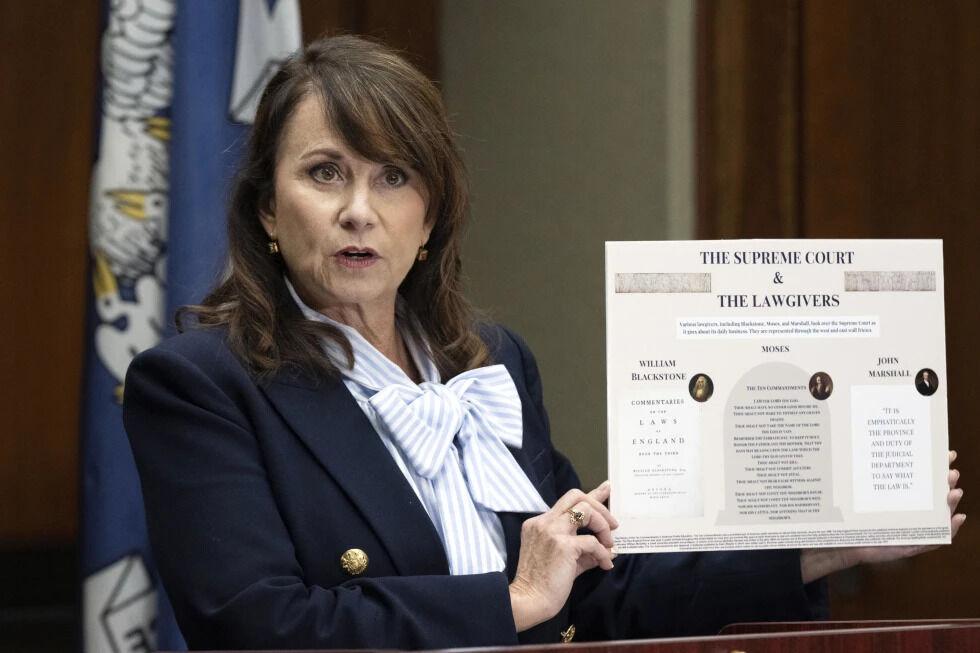Super Bowl commercials will not win war on drugs
Retailers have taken advantage of the war on terrorism to sell products containing American flags and New York slogans. Now the government is using terrorism to sell its hopeless war against drugs.
Last Sunday, sports fans were glued to the Super Bowl while the rest of us enjoyed the better half of the entertainment, the commercials. Unless you still have not yet gotten sick of Britney Spears’ lame Pepsi commercials, they were rather disappointing this year. However, two commercials did stand out from the rest.
The White House Office of National Drug Control Policy spent more than $1.6 million, the largest single-event advertising buy in U.S. government history, on each of the ads featuring stereotypical pot heads and crack fiends nonchalantly stating that the proceeds from their drug habits funded terrorism.
Unless the ads miraculously sobered up every addict in the nation, it looks like our precious tax dollars went to waste, once again.
The drug czars strived hard to inform the estimated 130 million viewers of the Super Bowl that illegal drug sales are financing terrorists; however, it is a shame that they left out so much vital information.
According to the UN, the illegal drug trade brings in $400 billion annually to many countries that happen to also be associated with terrorism, such as Afghanistan, Iraq and Columbia. It is a little scary that drug barons make more money than the American defense and homeland security budget put together, but who can blame them?
If there is money to be made, then someone out there will find a way to make it. Unfortunately, criminals, gangsters and even terrorists are the ones lavishing in the wealth from the drug trade.
According to the Canadian Foundation for Drug Policy, the wholesale price of heroin produced in Afghanistan is an average of $2,700 per kilo. The same product is retailed in the U.S. for an average of $475,000 per kilo — a 175 percent profit.
The U.S. spends $40 billion annually on the drug war and arrests nearly two million non-violent offenders each year on drug charges. For 80 years, we have been trying to solve the nation’s drug problem by eliminating the supply. Yet, you do not need an economics course to understand the basic law of supply and demand. And unfortunately, limiting the supply of drugs only increases the demand, therefore causing violence and poverty associated with drug use.
It is time we give up the outdated drug war and try a new approach in solving a problem that we have pretended we can fix with elementary school DARE programs.
The United Kingdom is moving to decriminalize marijuana as a step to solving its drug problems. Switzerland and the Netherlands treat drug addiction as a medical problem, not a criminal one. And quality of life is higher in both these countries than just about anywhere else in the world.
The main thing the war on drugs and the war on terrorism have in common is that they are both fighting an unknown evil. However, it is drug prohibition that helps to fund terrorists, not the drugs themselves.
Legal drugs, such as alcohol and nicotine, do not put any money into the pockets of terrorists because they are regulated through the U.S., so the money stays in the U.S.
In other words, is the government spending billions of tax dollars on prohibition, meanwhile promoting the enterprises of our own enemies?
Full legalization may not be the answer to all of our drug problems, but before spending citizens’ tax money on Super Bowl commercials, it is time the government starts to listen to and respect its citizens. Spending the money on education, for one thing, could have benefited our society in much greater ways than the commercials ever did. And who knows, education may even be the key to ending the demand for illegal drugs.
Monique Roche
Super Bowl commercials will not win war on drugs
By Monique Roche
February 6, 2002
More to Discover







